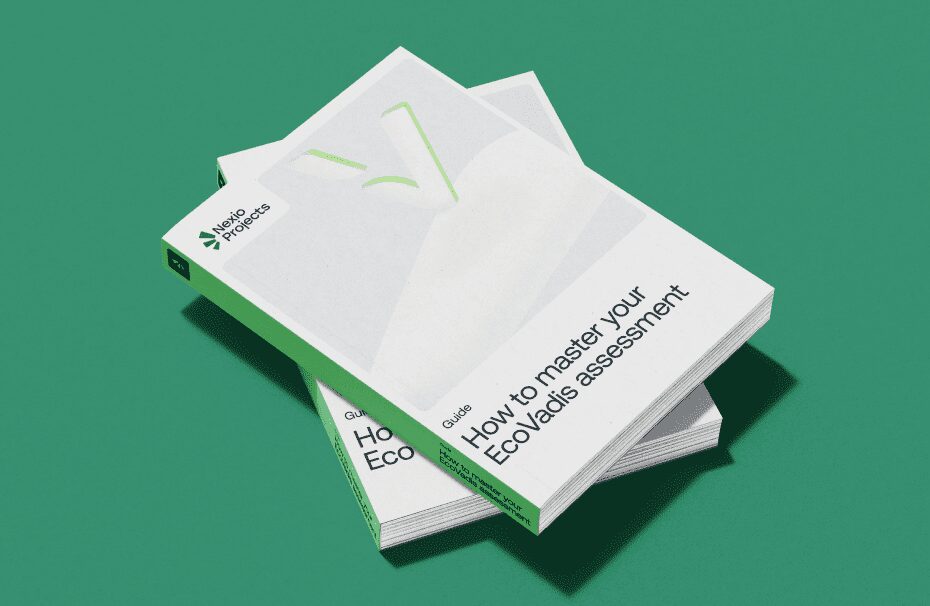How to master your EcoVadis assessment

Download now
Nexio Projects needs the contact information you provide to us to contact you about our products and services. You may unsubscribe from these communications at any time. For information on how to unsubscribe, as well as our privacy practices and commitment to protecting your privacy, please review our Privacy Policy.
Guide content
This ultimate guide is designed to help you navigate your EcoVadis assessment with clarity and confidence. Whether you’re just getting started or looking to improve your sustainability rating, this factsheet explains the process step by step — from registration to recognition — and breaks down the key components of the EcoVadis methodology. You’ll learn what EcoVadis is, how the scoring system works, and what best practices can help your company stand out. We’ve also included expert insights, practical tips, and answers to the most frequently asked questions, so you’re fully prepared at every stage of your assessment journey.
What’s inside this guide?
-
What is EcoVadis and why does it matter?
-
What are the four key pillars of sustainability evaluated by EcoVadis?
-
How do you get certified through EcoVadis?
-
What happens during registration?
-
What should you expect from The questionnaire?
-
What does expert analysis involve?
-
What are the outcomes of the results part of your assessment?
-
How does the EcoVadis methodology work?
-
What sustainability policies are assessed?
-
What types of endorsements should you include?
-
What sustainability measures are evaluated?
-
How do certifications factor into your score?
-
What role does sustainability reporting play?
-
What is 360° Watch and how is it used?
-
How does the EcoVadis scoring system operate?
-
What are our experts’ top tips and best practices?
-
What are the answers to your most frequently asked questions?
Download now and get fully prepared to your EcoVadis journey!
